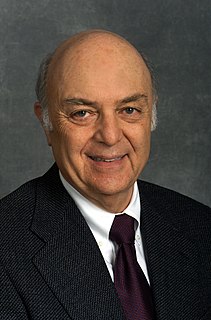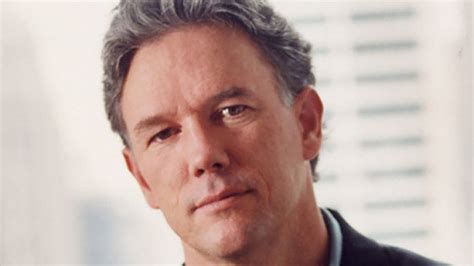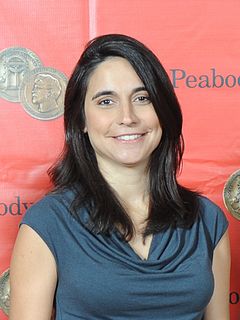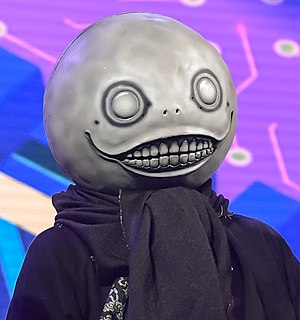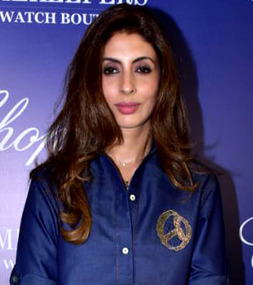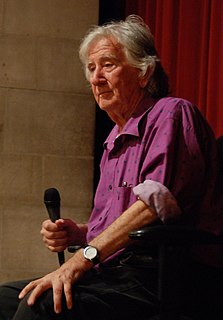A Quote by Matt Walsh
We are the protagonists of our love story, not the spectators.
Quote Topics
Related Quotes
The museum is full of interesting things. All kinds of paintings are there. And then paintings too thick to put in a frame, that they call sculpture. And then there are spectators. with their scorecards, rooting for culture. And spectators of the spectators, looking for love's introduction. And art students taking notes. And old women trying to remember the past. And old men with too much to forget. And tourists, thinking that a museum represents a city. And loafers so poor, they study their soberness here.
When we can let go of what other people think and own our story, we gain access to our worthiness—the feeling that we are enough just as we are and that we are worthy of love and belonging. When we spend a lifetime trying to distance ourselves from the parts of our lives that don’t fit with who we think we’re supposed to be, we stand outside of our story and hustle for our worthiness by constantly performing, perfecting, pleasing, and proving. Our sense of worthiness—that critically important piece that gives us access to love and belonging—lives inside of our story.
When does a session of The Theatre of the Oppressed end? Never - since the objective is not to close a cycle, to generate a catharsis, or to end a development. On the contrary, its objective is to encourage autonomous activity, to set a process in motion, to stimulate transformative creativity, to change spectators into protagonists. And it is precisely for these reasons that the Theatre of the Oppressed should be the initiator of changes the culmination of which is not the aesthetic phenomenon but real life.
Politics becomes a part of a writer's working life. The writer's protagonists are born in the context of the feelings that this atmosphere evokes. How can writers separate themselves from these feelings and create protagonists that come from Mars? Even writers who only write about psychological or internal issues or about love are writing under their prevailing atmosphere, and their writings will take on the hue of the time, place, and mood of their environment.
Literature is an aspect of story and story is all that exists to make sense of reality. War is a story. Now you begin to see how powerful story is because it informs our worldview and our every action, our every justification is a story. So how can story not be truly transformative? I've seen it happen in real ways, not in sentimental ways or in the jargon of New Age liberal ideology.
Augustus Waters was the great star-crossed love of my life. Ours was an epic love story, and I won’t be able to get more than a sentence into it without disappearing into a puddle of tears. Gus knew. Gus knows. I will not tell you our love story, because—like all real love stories—it will die with us, as it should.
There's no substitute for the power of a personal story. The true stories of God redeeming a broken life shoot like arrows straight to our hearts and remind us that God wants to do the same life changing work in our lives. I love how one story can impact another story, causing a ripple effect of change if we let it.

